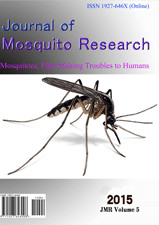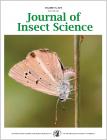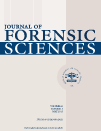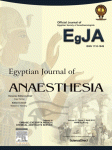 As we’ve said before, with hundreds of retractions per year, there are simply too many for us to cover individually.
As we’ve said before, with hundreds of retractions per year, there are simply too many for us to cover individually.
So from time to time we’ll compile a list of retractions that appeared relatively straightforward, just for record-keeping purposes.
Often, these seemingly straightforward retractions involve duplications, in which authors — accidentally or on purpose — republish their own work elsewhere.
Sometimes journals and authors blame this event on “poor communication,” our first example notes:
Continue reading You’ve been dupe’d: Nice data — let’s see them again

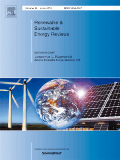
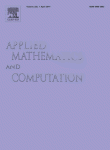 A paper on a hybrid algorithm turned out to be a hybrid itself — some original data, plus some from a paper that the authors had published earlier.
A paper on a hybrid algorithm turned out to be a hybrid itself — some original data, plus some from a paper that the authors had published earlier.